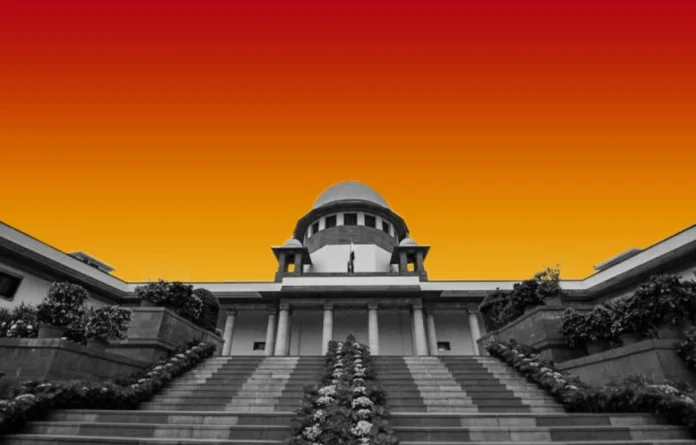The Supreme Court has said that in matters, wherein a special law imposed an embargo on the grant of bail, the power to grant bail should be exercised by the Courts subject to the conditions specified under the special provision.
The Bench of Justice CT Ravikumar and Justice Sanjay Karol made these observations, while setting aside a Bombay High Court order granting bail to an accused charged under the Maharashtra Control of Organized Crime Act (MCOCA), 1999.
The top court of the country said that instead of limiting its consideration to whether the conditions of bail were fulfilled or not, the High Court delved into the correctness of the prosecution’s case and the sufficiency of the evidence.
The High Court did not reflect the consideration, as required in respect of matters involving offences under MCOCA in terms of the provisions thereunder, as also the decisions rendered by this Court in respect of the grant of bail.
When an embargo has been put in by a specific provision under a special enactment in the matter of the grant of bail in respect of the offences allegedly committed thereunder, the power to grant bail should necessarily be subjected to the satisfaction of the conditions mentioned in such specific provision. In the case on hand, such a specific provision was contained under Section 21(4) of the MCOCA, it added.
the bench noted that under Section 21(4) of the MCOCA, bail could not be granted unless the Court was satisfied that there were reasonable grounds for believing that the accused was not guilty of such offence and that he was not likely to commit any offence while on bail.
While the High Court could have granted bail despite non-compliance with stringent conditions in statutes like MCOCA in cases involving a violation of Part III of the Constitution, it could not exercise this power when bail is granted based on an assessment of the sufficiency or inadequacy of the evidence on record, rather than on constitutional grounds.
The Apex Court said in the light of the core contention raised by the appellant, the High Court had transgressed into an impermissible area inasmuch as the question of sufficiency or otherwise and correctness of the prosecution case were considered while passing the impugned order, instead of confining the consideration in regard to the question of satisfaction or otherwise of the stringent conditions in the matter of grant of bail where offences under MCOCA were involved.
Noting that the grant of bail to respondent Nos.2 and 3 by the High Court were not on the ground(s) of violation of Part-III of the Constitution of India, the Bench said the offences under MCOCA imposed stringent conditions for granting bail. Therefore, the High Court should have ensured compliance with these requirements rather than focusing on evidentiary sufficiency or otherwise.
The top court of the country set aside the High Court’s order granting bail to the accused and remanded the bail application for fresh consideration by the High Court, directing it to evaluate the matter strictly per Section 21(4) of MCOCA within one month from the receipt of the copy of this order.


